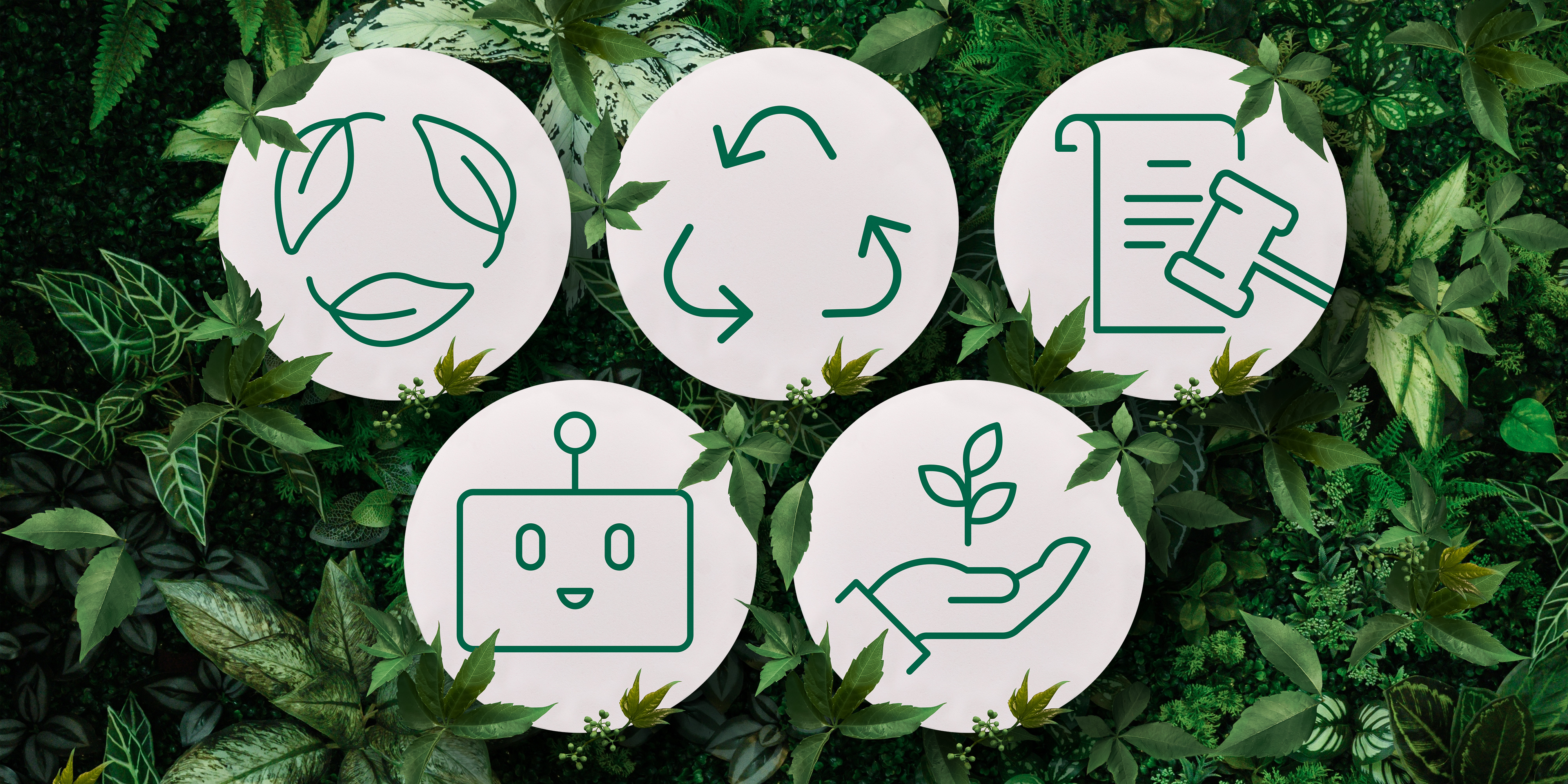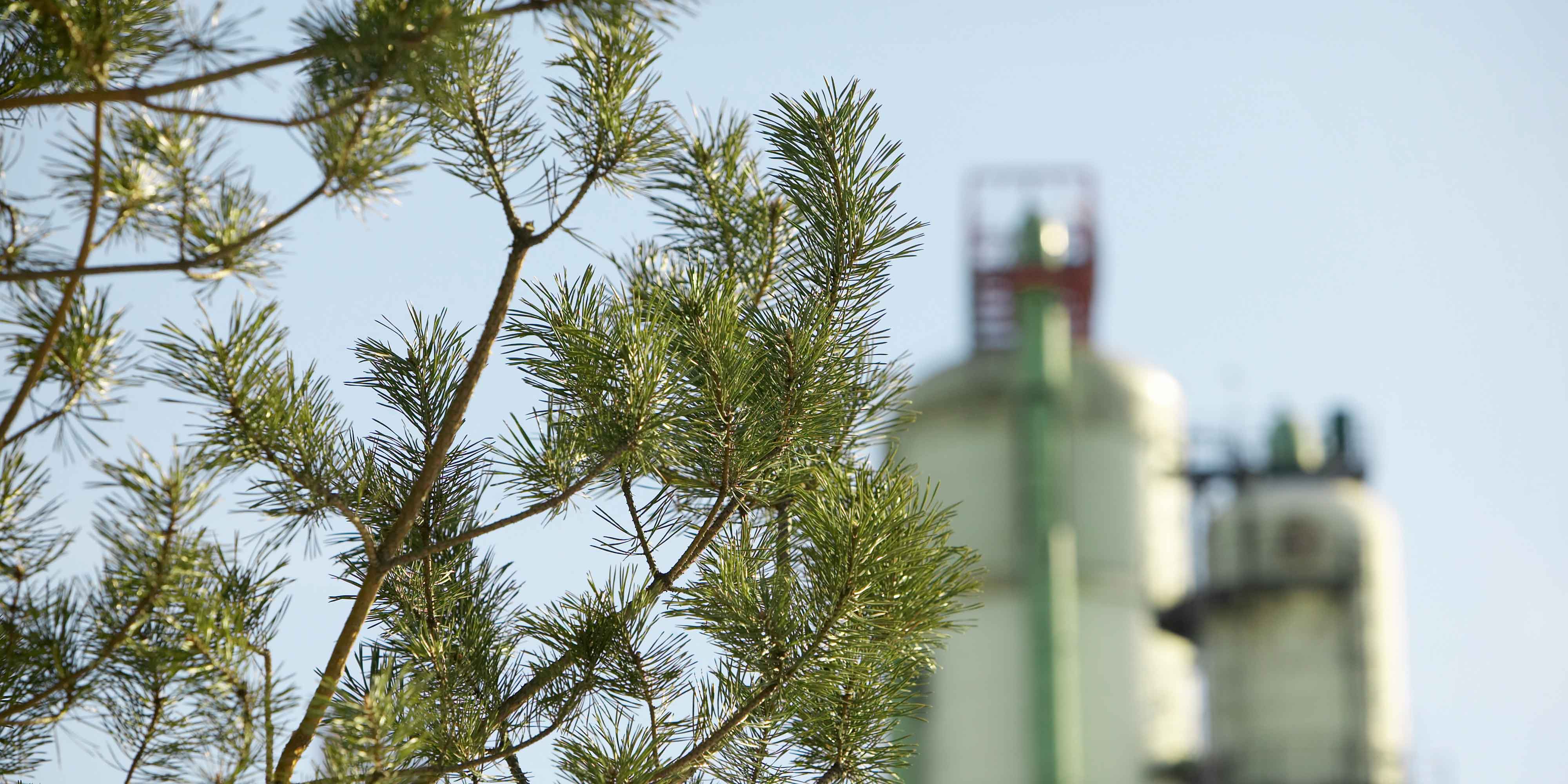
Sustainability
6 minute read
Leading the way towards a sustainable future
How does a local oil refiner become a global pioneer and market leader in renewable and circular solutions? It’s a story of visionary leaders, bold choices, and some good fortune along the way.
Neste’s purpose is to create a healthier planet for our children. Due to this ambition, the company has broadened its sustainability vision of how to fight the climate crisis to include its role in tackling nature loss and inequality – all of which are interlinked.
While the vision is all about the future, at Neste, it has deep roots in the past. The first wave of transformation was more than a decade ago, as Neste reinvented itself, turning from a regional oil refiner into a global leader in renewable fuels. Neste was one of the first companies to commit to renewable fuels at the beginning of the 2000s and has been a trailblazer ever since.
Reducing emissions and replacing crude oil with renewable and circular solutions is at the heart of Neste’s strategy. In 2020, Neste solutions enabled its customers to reduce approximately 10 million tons in greenhouse gas (GHG) emissions. By 2030 this number will be at least 20 million tons per year. At the same time, the company has set a target to achieve carbon neutral production by 2035, a massive undertaking in one of the world’s hardest-to-transform industries.
As a new target and part of the broadened sustainability vision, Neste announced that it will extend its climate commitments to include Scope 3 emissions. Neste aims to reduce the use-phase emission intensity of sold products by 50% by 2040 compared to 2020. A target that will be achieved through Neste’s transformation towards increasing the share of renewable and circular solutions as well as working with suppliers and partners to reduce emissions across the value chain.
These targets are critical milestones on a journey that started many years ago. When Neste became a listed company again in 2005, there were several alternative paths to take.
"We chose the boldest, most ambitious, and most visionary one: to become the world's leading producer of renewable diesel," says Pekka Tuovinen, now-retired, former Senior Advisor, Sustainability at Neste.
"We chose the boldest, most ambitious, and most visionary direction."
Fast forward 20 years and this goal has been achieved. Neste is now at the forefront of renewable fuel production with refineries in Finland, Singapore, and the Netherlands, and it is leading the development of bio-based fuels from new and innovative raw materials, too.
Widening the range of raw materials
Neste's raw material choices are a key factor in building the company's carbon handprint – even in the future.
Having originally started with fossil oil, Neste has moved towards sourcing renewable raw materials. These include wastes and residues, such as used cooking oil, animal fat from food-industry waste, vegetable oil processing waste, and fish fat from fish-processing waste.
Neste is able to take in dirtier raw materials than most manufacturers are capable of handling and upcycling them to high quality fuels.
"We are experienced in refining crude oil with high sulfur content. This forced us to elevate our pre-processing and refining abilities to an exceptionally high level," Tuovinen points out.
Over the longer term – from 2030 to 2050 – Neste's raw material range will be expanded to include several new sources. These include algae, lignocellulose, municipal solid waste, as well as converting renewable energy and carbon dioxide into liquid fuels (Power-to-Liquid and Power-to-X solutions). The company will also develop processes for recycling plastic waste and the production of renewable plastics.
"We could even work with industries with high CO2 emissions and use renewable hydrogen to turn these emissions to fuel in a Power-to-Liquid process," says Lars-Peter Lindfors, Senior Vice President, Innovation at Neste.
Every possible means of reducing carbon emissions should be considered. The world needs solutions that can be adopted today as well as technology for the decades to come. This is why the range of raw materials used to meet the energy demands of tomorrow needs to be as wide as possible.
Broadening our sustainability vision
Neste has worked for decades to make its processes leaner, more efficient, and consequently more sustainable.
"In 2010, we started to dig deeper into our carbon footprint, what it comprises and how we can make it smaller. We asked people from all over the organization to dream big; this resulted in a list of more than 100 ideas," says Salla Ahonen, Vice President, Sustainability at Neste.
"It is essential to understand that this is not just a sustainability project; we are fundamentally changing our operations, and it is a strategic priority to do so."
The ideas compiled were turned into some 80 projects aimed at carbon neutral production. This work is still in its early stages, but in 2020, Neste's absolute CO2 emissions in Scope 1 and 2 had already been cut by half a million tons, a reduction of almost 15%.
In 2021, Neste broadened its sustainability vision beyond scope 1 and 2 emissions and now leads the way towards a carbon neutral and nature positive value chain. This new, broader sustainability vision is an integral part of the company's transformation, with aspirational targets for biodiversity, human rights, and the supply chain.
Biodiversity is closely interlinked with climate. Neste’s vision is to drive a positive impact on biodiversity and achieve a nature positive value chain.
Human rights are an integral part of any business operations, not just something far away in the supply chain. Neste aims to create a more equitable and inclusive value chain where everyone can work with dignity.
Supply chains and raw materials are critically important for reaching sustainability ambitions. Neste will drive a safe and healthy workplace, fair labor practices, and increased commitment across the supply chain.
Changing the operating environment
An important part of Neste's work towards reaching its sustainability targets is to influence the world around us all, so that society adopts the most efficient means of tackling climate change.
For Neste, sustainability means innovation and partnerships. A whole ecosystem of suppliers, clients, peer businesses, and universities and research institutes is needed to create solutions that complement each other and help us all towards a carbon neutral future.
"Businesses can make the right choices only when the regulatory and legislative environment supports their endeavors. So just like any other responsible business, we must play an active role in society and bring our perspective to the decision-making process," says Lindfors.
"What spurs Neste and its employees on is the fact that they can make a difference. The progress we have made in the past 15 years gives us the energy and the faith to be able to change the world for the better," Lindfors ends.




